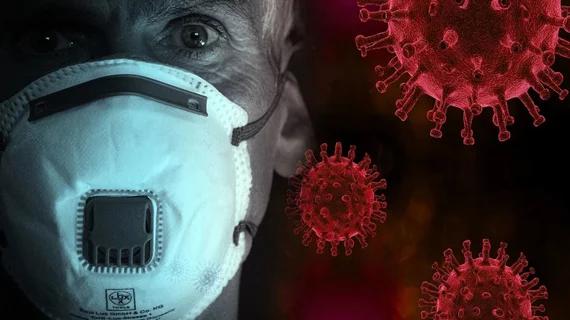How AI is speeding up COVID-19 diagnosis
Healthcare organizations are still dealing with COVID-19 patients, and testing applications are ramping up all over the U.S. At the same time, AI is stepping in to help speed up the diagnosis of COVID-19 and expedite how much time healthcare professionals spend determining COVID-19 pneumonia and non-COVID-19 cases.
The AI tool is developed by researchers from Simon Fraser University and Providence Health Care and is currently in the validation phase at St. Paul’s Hospital in Vancouver, Canada. It works by analyzing a patient’s chest x-ray image, using bio-image detection to determine if a positive pneumonia case is consistent with COVID-19. Researchers used x-ray images of COVID-19 and non-COVID-19 to refine the machine learning system and find the unique characteristics of the virus.
It is not a standalone diagnosis tool, but it can help doctors and professionals quickly assist confirmation of their suspicions about a patient’s diagnosis. The tool can be used with others, such as CT scans.
“Instead of doctors checking each X-ray image individually, this system is trained to use algorithms and data to identify it for them,” Yagiz Aksoy, assistant professor in the School of Computing Science’s GrUVi Lab, said in a statement.
The tool can also detect and classify other types of chest x-ray pneumonia images, including bacterial, fungal and other viral cases.
Upon approval, the organizations plan to make the tool available for free, with support from the U.N. The United Nations Global Platform already holds a beta version of the tool and “is whitelisted in the [Amazon Web Services] Machine Learning Marketplace,” according to a press release.

